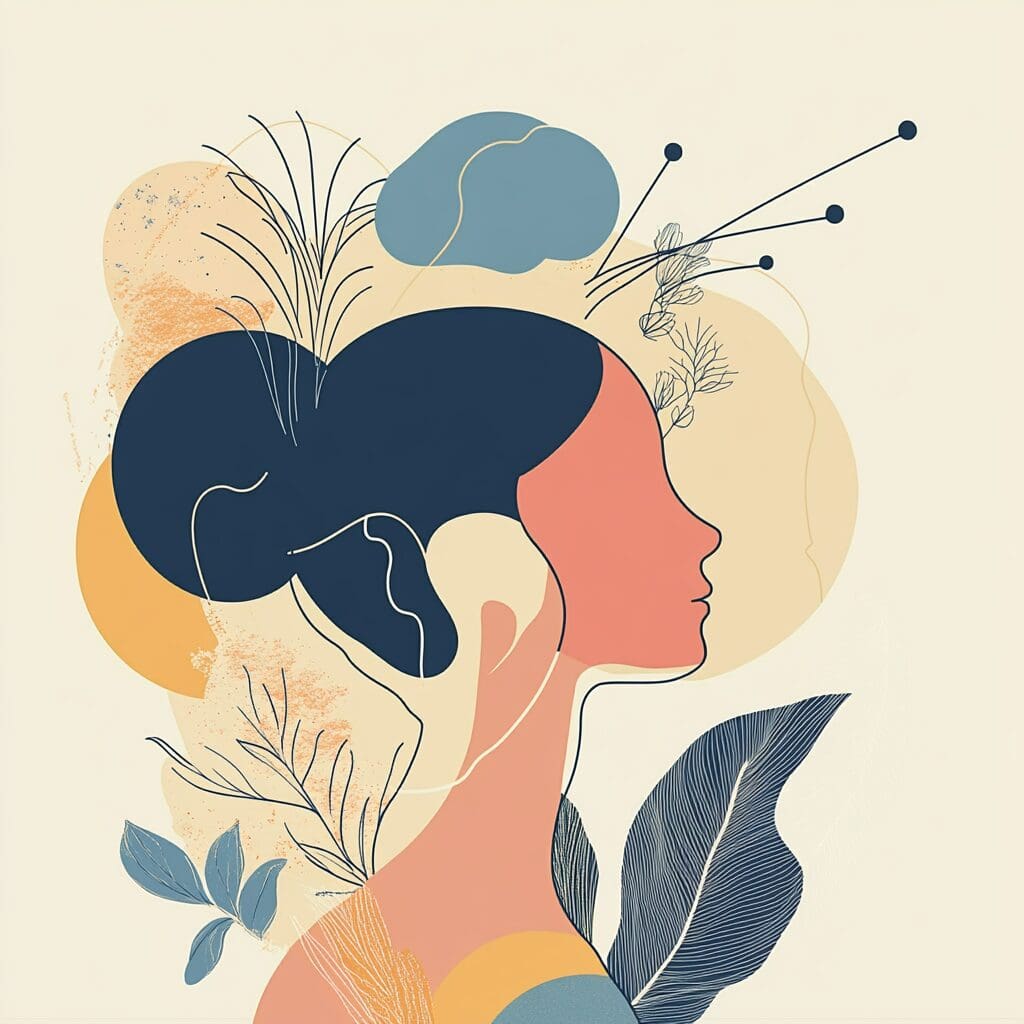Hormones are the body’s chemical messengers, quietly orchestrating everything from sleep to mood, metabolism, energy levels, fertility, and even how we respond to stress. For women, hormonal balance is especially important but often elusive. Life transitions like puberty, pregnancy, postpartum, and menopause, combined with modern-day stress and environmental toxins, can send our internal rhythms off course.
The good news? Ancient healing practices like acupuncture offer a gentle, natural way to restore balance. Rooted in Traditional Chinese Medicine (TCM), acupuncture doesn’t just treat symptoms—it addresses the underlying imbalances that cause them. And when it comes to hormones, that’s exactly what many women need: not a quick fix, but deep, lasting support.
How Acupuncture Supports Hormonal Health
In Traditional Chinese Medicine, the body is seen as a dynamic system of interconnected energies. When energy (or Qi) flows freely, we feel well. But when it becomes blocked or imbalanced, physical and emotional symptoms emerge. In this view, hormones are closely linked to organ systems like the Liver, Kidney, and Spleen, which help regulate blood, energy, and reproductive functions.
From a biomedical perspective, acupuncture has been shown to:
- Influences the hypothalamic-pituitary-ovarian (HPO) axis, which governs hormone production
- Improves blood circulation to reproductive organs
- Regulate stress hormones like cortisol
- Reduce inflammation
- Stimulates the release of endorphins and serotonin, improving mood and relaxation
This unique ability to work on both the physical and emotional levels is why many women find acupuncture to be a powerful ally—especially when conventional approaches haven’t helped.
Conditions Acupuncture Can Support
Acupuncture isn’t just for pain relief—it’s a whole-body therapy. When it comes to hormonal health, women seek acupuncture for many reasons, including:
PMS and Menstrual Irregularities
Whether it’s painful cramps, heavy bleeding, mood swings, or cycles that come and go unpredictably, acupuncture helps regulate the menstrual cycle by improving blood flow, easing pelvic congestion, and calming the nervous system.
Fertility Support
For women trying to conceive, acupuncture can increase ovarian function, balance reproductive hormones, and prepare the uterine lining for implantation. It’s often used alongside fertility treatments like IVF to improve outcomes.
PCOS (Polycystic Ovary Syndrome)
A common condition marked by irregular periods, acne, weight gain, and elevated androgens, PCOS can be challenging to manage. Acupuncture helps by improving insulin sensitivity, reducing testosterone levels, and supporting healthy ovulation.
Perimenopause and Menopause
As oestrogen and progesterone levels fluctuate, women may experience hot flashes, night sweats, insomnia, anxiety, and more. Acupuncture supports the body’s natural transition by regulating hormones and restoring emotional equilibrium.
Thyroid Imbalance
While not a replacement for medical treatment, acupuncture can be a supportive therapy for underactive or overactive thyroid conditions, helping with energy, mood, metabolism, and sleep.
A Whole-Person Approach to Healing
What makes acupuncture so unique is that it doesn’t compartmentalise the body. Your acupuncturist will consider not just your physical symptoms but also your emotional state, lifestyle, sleep, diet, and stress levels. Treatment is often profoundly relaxing—many women report feeling calmer, more centred, and more “themselves” after just a few sessions.
Here at The Healing Oak, we understand that hormonal health isn’t just about lab results—it’s about how you feel in your body. Are you sleeping well? Do you feel grounded? Do you have the energy and clarity to move through your day? Acupuncture meets you where you are and gently nudges your system back into harmony.
Things to Know Before Starting Acupuncture
- Consistency matters While some women feel benefits after just one session, long-standing imbalances often require multiple treatments over time.
- Communication is key Be open with your practitioner about your symptoms, even those that seem unrelated. Everything is connected.
- Acupuncture is safe When performed by a qualified practitioner, it has minimal side effects and is suitable for many people.
- Complement with self-care Lifestyle habits—like sleep, nutrition, movement, and stress reduction—can amplify your results.

In Closing…
Hormonal balance isn’t a luxury—it’s a foundation for living a vibrant, healthy life. If you’ve been feeling out of sync, emotionally frayed, or physically unwell without clear answers, know that gentle, effective options are available.
Acupuncture offers more than symptom relief—it offers a reconnection to yourself, your cycles, and your inner wisdom. And that, in itself, is a powerful kind of healing.
FAQ's
Most people feel little to no pain. The needles are hair-thin and gently inserted. Some feel a slight tingling or warmth, a sign of energy movement.
This depends on the condition and individual. Some feel better immediately, while chronic issues may take several sessions to shift. Your acupuncturist will guide you.
Yes. Acupuncture is often used to complement conventional treatments. Always let your practitioner know what medications you’re taking.
Yes, in the hands of a trained practitioner. It’s commonly used to relieve nausea, fatigue, and back pain and to support labour preparation.
This is where acupuncture shines. Even when tests are within range, subtle imbalances in energy or stress may affect your well-being. Acupuncture addresses the whole picture.


